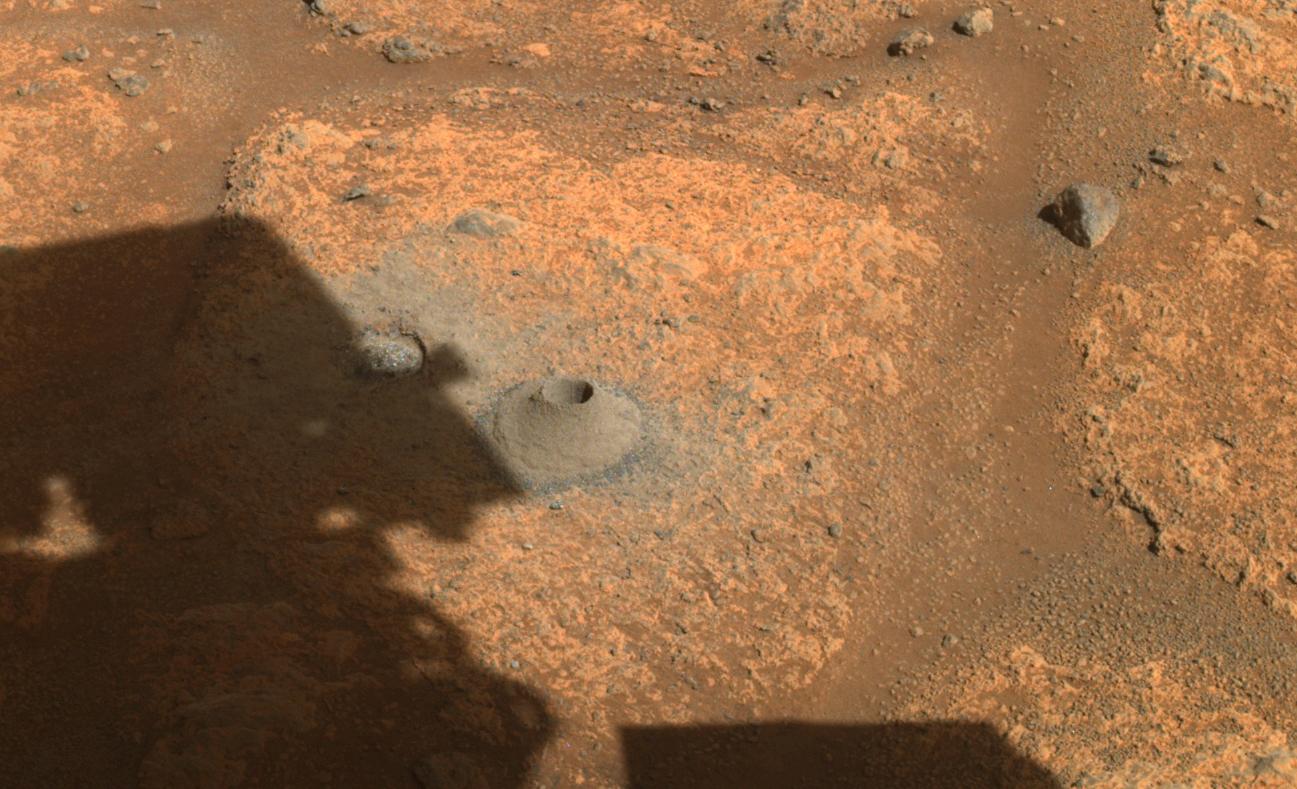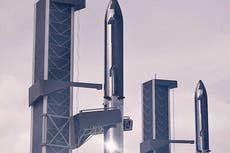Nasa awards contract to build vehicle for Mars sample return mission
Lockheed Martin Space will build the Mars Ascent Vehicle to retrieve rock and soil samples from Mars for their journey to Earth for Analysis.

Nasa has awarded a contract to US company Lockheed Martin Space to build the spacecraft that will return the first samples of Martian rock and soil to Earth.
The American space agency announced the $194m contract award Monday, and noted Lockheed Martin should begin early work on the Mars Ascent Vehicle spacecraft by the end of the month. The Mars Ascent Vehicle will take Martian samples taken by Nasa’s Perseverance rover from the Red Planets surface to being their journey to scientists on Earth as part of the Mars Sample Return program.
“This groundbreaking endeavor is destined to inspire the world when the first robotic round-trip mission retrieves a sample from another planet,” Nasa administrator Bill Nelson said in a statement.
The Nasa Perseverance rover has been exploring the Jezero Crater on Mars since 18 February, 2021. After some initial difficulties in drilling into rocks, the robotic rover has successfully drilled some of the samples it will cache for retrieval and return to Earth.
The sample return mission, launching no sooner than 2026, will deliver both the Sample Fetch Rover, which will retrieve the cached samples, and the Mars Ascent Vehicle to the Martian surface in the Sample Retrieval Lander. Once loaded with samples the Mars Ascent Vehicle will launch into orbit around Mars where it will be caught by the ESA Earth Return Orbiter spacecraft, which will return the samples to Earth by sometime in the mid-2030s.
Robotic missions to Mars have conducted experiments designed to detect signs of life, existing or ancient, since the Nasa Viking landers in the 1970s. But while the evidence points increasingly to the possibility that conditions might once have been right for life on Mars, no experiments so far have shown conclusive evidence that life ever took hold on the planet.
The sample return mission will allow scientists to bring all of the scientific tools at their disposal to bear on the investigating the samples — including the ability to construct new tools to fit the task — giving researchers the best chance yet to determine whether there is, or ever was, life on Mars.
Join our commenting forum
Join thought-provoking conversations, follow other Independent readers and see their replies
Comments


Bookmark popover
Removed from bookmarks